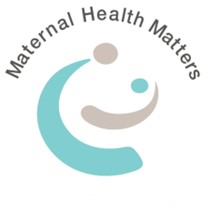Compassion is a fundamental aspect of maternity care, not an add-on

We know that compassionate support generally features high on pregnant women’s wish list for maternity care. We also know that some pregnant women fear the pain of childbirth. But do maternity care providers feel that managing pain is more useful than compassion? There’s plenty of science now that suggests that this is the wrong way around. There are many examples, backed by randomised control trials, of compassion being an essential part of alleviating fear, pain and suffering.
In Compassionomics: The Revolutionary Scientific Evidence That Caring Makes a Difference, physician scientists Stephen Trzeciak and Anthony Mazzarelli undertake a rigorous review of the science — coupled with captivating stories — and uncover that human connection in health care matters in astonishing ways. There is compelling evidence that:
- Compassion has vast benefits for people across a wide variety of conditions.
- Missed opportunities for compassion can have devastating health effects.
- Compassion can help reverse the cost crisis in health care.
- Compassion can be an antidote for burnout among health care providers.
- Forty seconds of compassion can save a life.
Missed opportunities for compassion do have devastating effects for women receiving maternity care. Women who report traumatic births often site the way they were treated had a greater negative impact than how they were treated.
“It’s not the medical interventions that hurt women, it’s the disrespectful care, lack of informed consent, bullying and absence of emotional support and consideration of the mental health impacts of these interventions.”
“I cannot underestimate the emotional, physical and psychological long term benefits of a positive birth experience, and of feeling listened to, respected and held.” – Dignity Survey
It’s such an important area for all working in maternity care to remember – treating women with dignity, compassion and respect sits at the very heart of good care. We can’t forget that, or we’ll be failing those we want to help the most.
